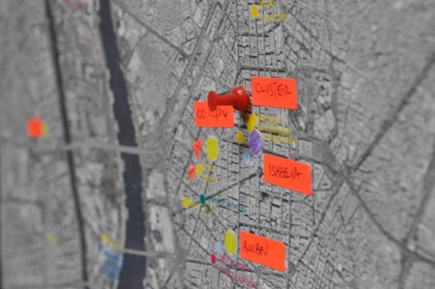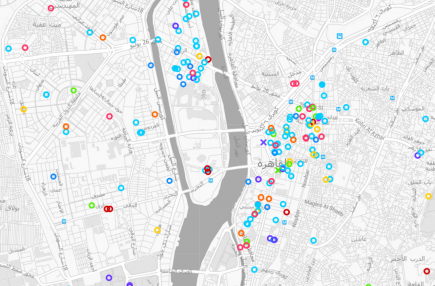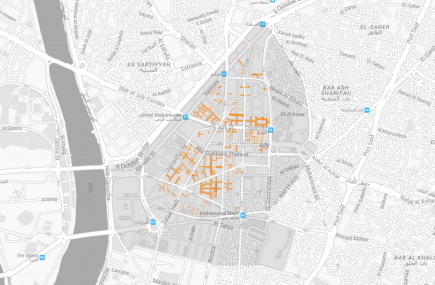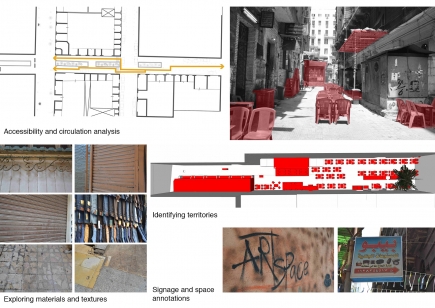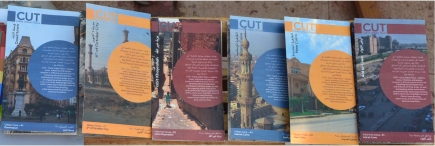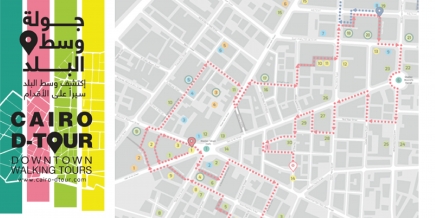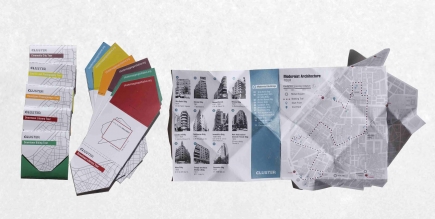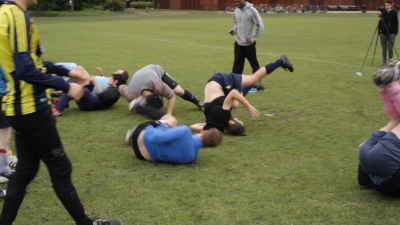| Theme: | |
| Format: | |
| Date: | Apr 11, 2017 5:30–8:00pm Apr 12, 2017 10:00am–12:30pm Apr 18, 2017 5:30–8:00pm Apr 19, 2017 10:00am–12:30pm Apr 25, 2017 5:30–8:00pm Apr 26, 2017 10:00am–12:30pm May 2, 2017 5:30–8:00pm May 3, 2017 10:00am–12:30pm May 9, 2017 5:30–8:00pm May 10, 2017 10:00am–12:30pm May 16, 2017 5:30–8:00pm May 17, 2017 10:00am–12:30pm May 23, 2017 5:30–8:00pm May 24, 2017 10:00am–12:30pm May 30, 2017 5:30–8:00pm May 31, 2017 10:00am–12:30pm Jun 6, 2017 5:30–8:00pm Jun 7, 2017 10:00am–12:30pm Jun 13, 2017 5:30–8:00pm Jun 14, 2017 10:00am–12:30pm |
| Organized by: | CILAS - Cairo Institute of Liberal Arts and Sciences |
| Venue: | CILAS - Cairo Institute of Liberal Arts and Sciences |
| Address: | 2nd. Floor, 10 Darab El-Labbana st., al-Khalifa. in front of Al-Refai mosque, Cairo, Egypt |
| Admission: | Course cost: 1500 LE |
| Website: | http://www.ci-las.org/falling.html |
The act of falling is simple. Falling is what happens when you are off balance; it makes your body drop and loose control and often provides amusement for spectators. Defined as a downward movement from a higher to a lower level, to hang down, to drop away, to show disappointment, to lose one’s balance and collapse, to be captured or to decrease, to ‘fall’ conjures a multitude of images and associations.
Falling is typically perceived as a negative phenomenon and associated with failing. However, learning happens through failing. The course will not only consider the physical act of falling but will examine how it is seen in society, how it connects to our social order, to standards, to football and comedy. We will look at the philosophical side of a dropping object and loosing control and see how amusement parks and popular culture make us enjoy a sudden change in altitude.
What to expect from the course:
The course will
discuss various ideas, backgrounds
be very open for discussion
connecting the seemingly unconnected
include performance, photography, and experimental elements
host a group discussion by students and fellow on equal levels
employ practical and theoretical work
Why join:
to learn about the connection between art, design, and society
to learn about aesthetics
to develop a new research methodology
to develop a personal project as a student enrolled in the course
to together with experts of different backgrounds
